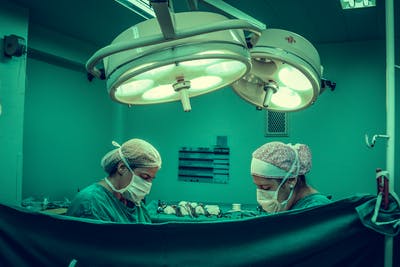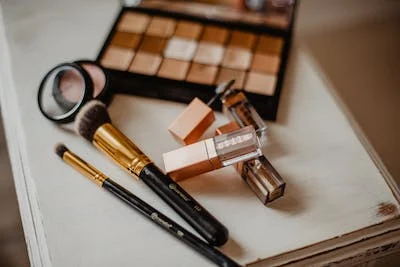Plastic surgery is the process of restructuring, remodeling or restoring the appearance or function of some body parts. Sometimes, people may desire to undergo plastic surgery because they want to change how they look.
Usually, plastic surgery is an expensive medical intervention that only a few people can have access to. It is important to mention that plastic surgery can improve the quality of life.
Although, it can negatively affect an individual’s emotional health, and they become addicted in the process.
Plastic surgery is a behavioral addiction that occurs when an individual wants to constantly change how they look.

Someone who has gone through a plastic surgery procedure may be tempted to start thinking of the next body part that they want to alter.
Signs of Plastic Surgery Addiction
If you want to know someone struggling with plastic surgery addiction, check out some of these signs.
Multiple procedures at the same time or in a short period
Someone dealing with plastic surgery addiction may have a list of procedures that they want to do. Hence, they might undergo all the procedures at the same time if they have sufficient time and money.
Alternatively, they may decide to do them one after the other. For people addicted to plastic surgery, it is usually an unending journey for them except they seek help to break free.
Using different surgeons
Not all surgeons may be comfortable with performing several surgeries on one individual. This is why some of them may advise that you don’t carry out further surgical procedures to prevent addiction.
However, those addicted to plastic surgery could go to different surgeons so that they will have options if one of them decides not to work on them.
Seeing their bodies as imperfect
Another way to know if plastic surgery addiction is in play is when the individual is rarely happy with their body parts. Some of them see all their parts as dysfunctional and need fixing.
If you’re struggling with plastic surgery addiction or you know anyone who is, it is best to seek professional treatment. You may need to get a therapist who treats BDD- Body Dysmorphic Disorder, which is the known root cause of plastic surgery.

